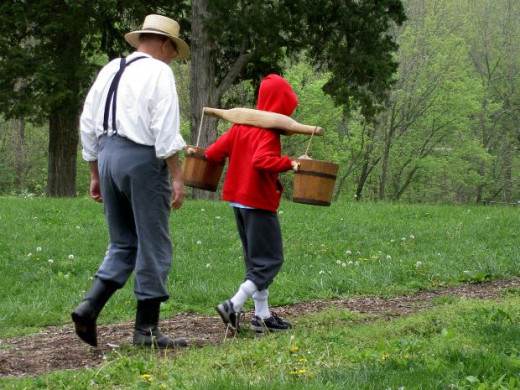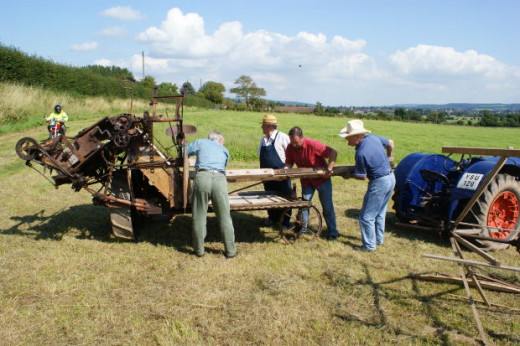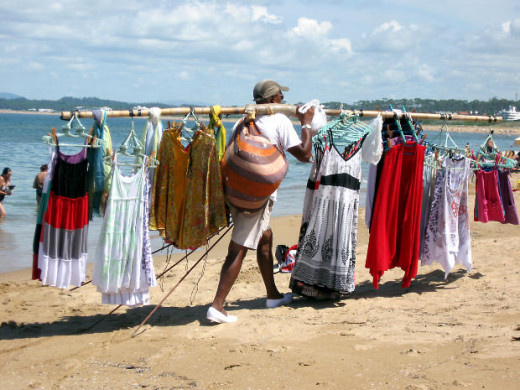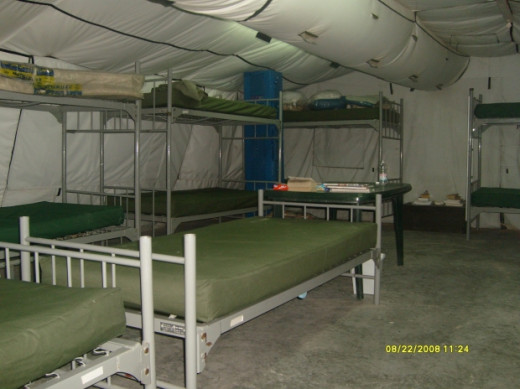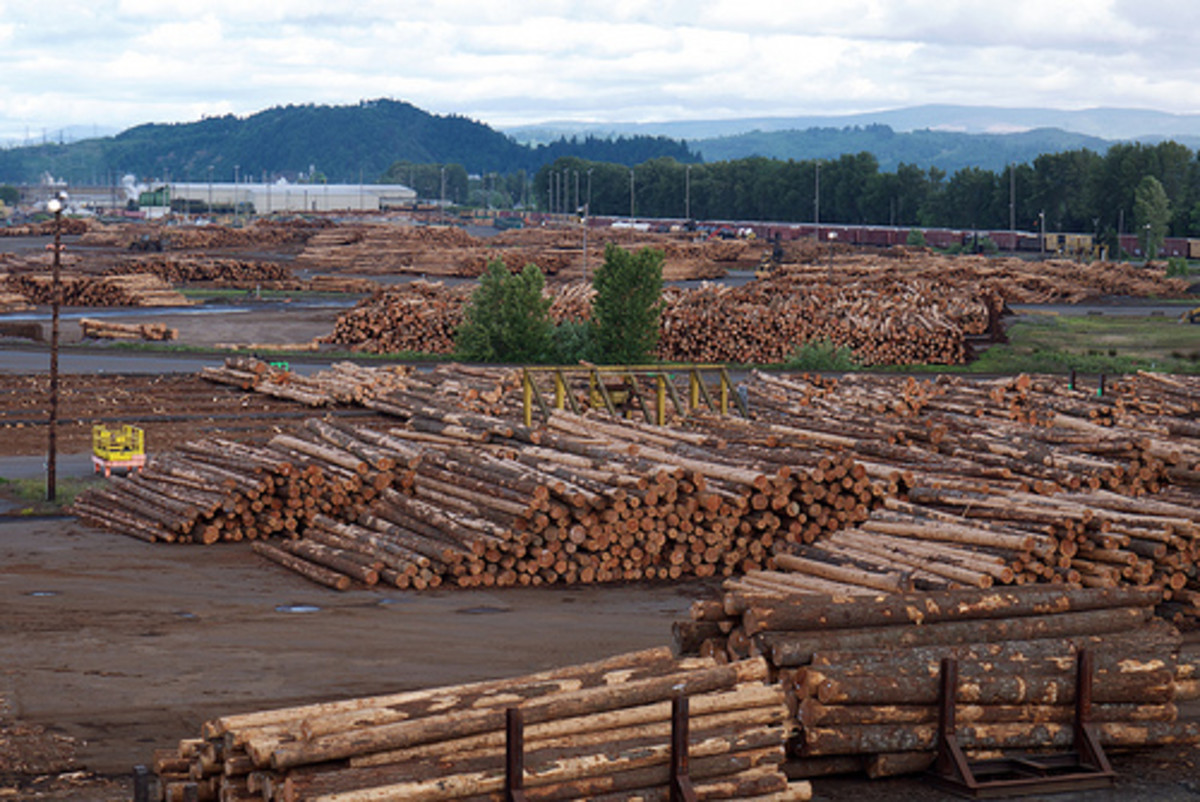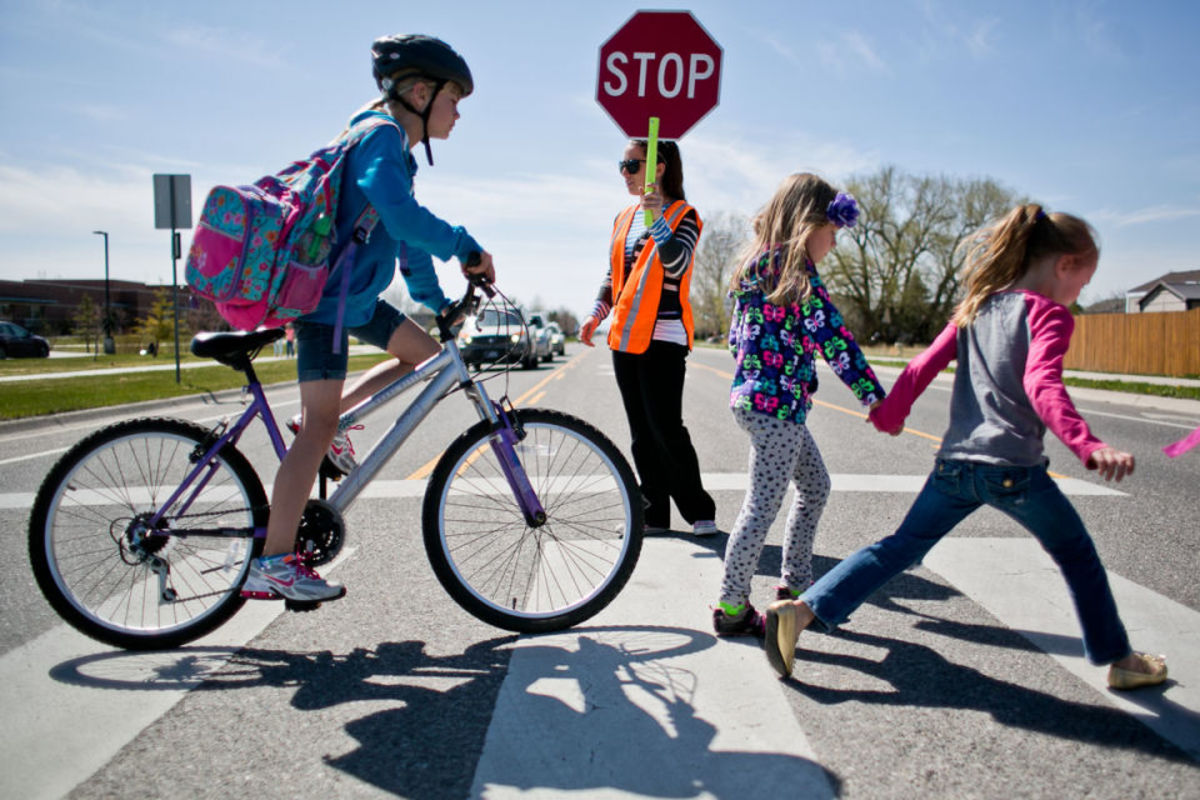Most Dangerous Jobs for American Teenagers
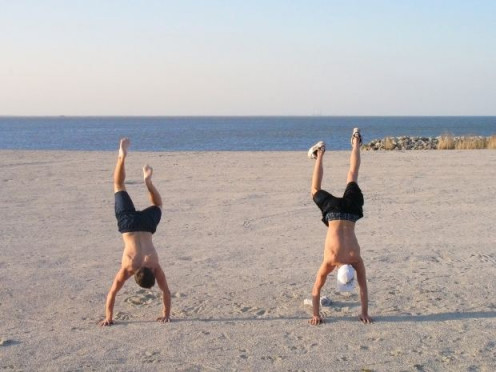
Declines in Teen Work Safety - Revisiting The Jungle
Labor Unions and Child Labor Laws under President Franklin D. Roosevelt both came about in part to help protect children - and women and pregnant women - from the vicious meat packing industry of the day.
Meat packing was not the only injury and death laden industry sector of that era, however, and unnecessary dangers occurred into the 1970s, evidenced by the film Norma Rae. Other films have high lighted related problems in nuclear power plants. Surprisingly, meat packing in the 21st Century is becoming the source of youth injuries and death once again, as discussed below.
In the late 2000s, many youth too young to legally work in meat packing houses were discovered working in them, anyway. Many of these young people have been injured on the job in the animal butchering and meat manufacturing processes.


How Many Teens Are Injured At Work?
Almost 160,000 teenagers are injured or made ill on the job every year.

Meat Packing Was the Devil in 1906
"It comes as a lion seeking whom he can devour."
Reminiscent of Satan in the Bible, the meat packing industry was looked upon by Sinclair Lewis as a monster after his experiences working in it.
Almost 160,000 teens are injured or made ill every year because of something in the work environment.
Highest Incidences of Injury and Death
US Labor statistics show that every 10 days, one teenager dies on the job. That's 36 to 37 kids per year in America that die working.
Keeping an eye toward teen safety on the job, the National Consumers League published a list of the five deadliest summer jobs a teenager can work, as far as safety is concerned.
A team from the League looked at all the related data from the federal group known as NIOSH or the National Institute for Occupational Safety and Health. These important and startling data reveal than almost 160,000 teens are injured or made ill every year because of something in the work environment.
A greater number of teenagers work during the summer than for the entire year annually and the age range is wider in the summer: ages 13 – 19. Teens aged 13-15 usually do not work during the school year, although some do and usually for family operated businesses and farms. One exception is grocery baggers ages 14-15, a few fast-food jobs for 15-year-olds, and some possible caddie positions in warmer climates year-round. Younger teens that are self-employed are few, but exist as well.
First, it must be realized that youth under the age of 18 are not permitted by law in most US States to operate power machinery of any kind at work, from a forklift to a meat slicer.
- Agriculture/Farms, Animal Production - Picking or Harvesting Crops - For adults, Commercial Fishing related to this category is the most dangerous jobs in America because it results in the highest number of deaths per 100,000 workers. It was surpassed by Logging in 2014. (See Top 10 Most Dangerous Jobs). Further, the National Safety Council's 2008 publication of Injury Facts lists Agriculture as the Number 1 Most Dangerous Industry overall among adults, at almost 29 deaths for every 100,000 adult agricultural workers across many hundreds of thousands of workers.
- Construction – Construction Trades, and especially Roofing - The US Dept. of Labor tells us that a US construction worker is 3 times as likely to die as a result of a work-related injury as American workers overall.
- Driving - Forklifts, Tractors, and ATV’s
- Traveling Youth Sales Crews
- Outdoors Occupations - Landscaping; Groundskeepers, Lawn Service Techs
- Illegal Meat Packing Work – For the under-18 set, this should not be happening at all. The government has discovered 15-year-olds using power equipment and sharp knives in meatpacking houses. One Midwestern meat processing plant accumulated over 9,000 Child Labor Law violations in this regard in a short time. Teens must be at least 18 years old to work legally in any meat packing plants in the United States.
What Are Youth Allowed to Do for Work?
For labor regulations applying to teenagers What A Teenager is Allowed to Do for Work helps us sort them. Note that these rules are different at ages 13, 14, 16, and 18.
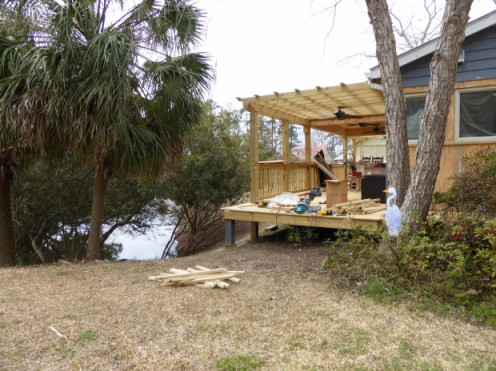
Every 10 days, one teenager dies on the job in the USA.
— US Bureau of Labor Statistics, 2014"You'll Never Walk Again" - Forklift Injuries
Traveling Sales Crews
I had a bad experience with traveling teen sales crews at the beginning of last Summer.
A young man approached the front door as I was entering the dwelling and began a high-pressure sales pitch about wireless services, at the same time claiming not to be selling anything. This was illogical and assuredly some type of sales or bunko snare.
His pitch was nonsense. He kept looking at a car holding his “supervisor” at the curb.
The young man questioned me about possessions and services I had. I refused to answer and asked him three times what he wanted or needed - to come to the point. He carreid some sort of tracking paper with him, but I noticed that there was no data on it - just lines drawn through categories. Bad sales results or fake.
The youth made a rude comment and tried to get into the dwelling. I told him I was not interested as I slammed the door shut. He and his supervisor disappeared, apparently not going to any other units on the street.
This may have been a front for a ring of burglars.
Not only do some of these rings operate solely to rob people, but sometimes they kidnap youth and force them to help in the robberies. These traveling sales crews can be dangerous to the public as well as to teens. Even if legitimate, the youth that travel on these sales junkets around the country often make little money, are overcharged for room and board, and can be lost or injured along the way. Some have been murdered and/or involved in prostitution rings. Traveling Sales Crews are not safe for youth and the "traveling" part is the tip-off.
Beware Youth Sales Trips
Click thumbnail to view full-size

This content is accurate and true to the best of the author’s knowledge and is not meant to substitute for formal and individualized advice from a qualified professional.
© 2009 Patty Inglish MS MPH

